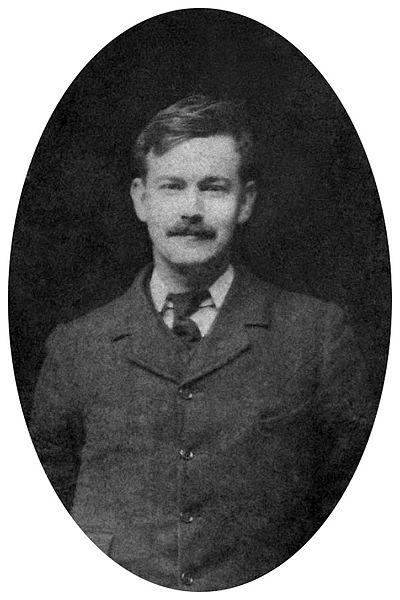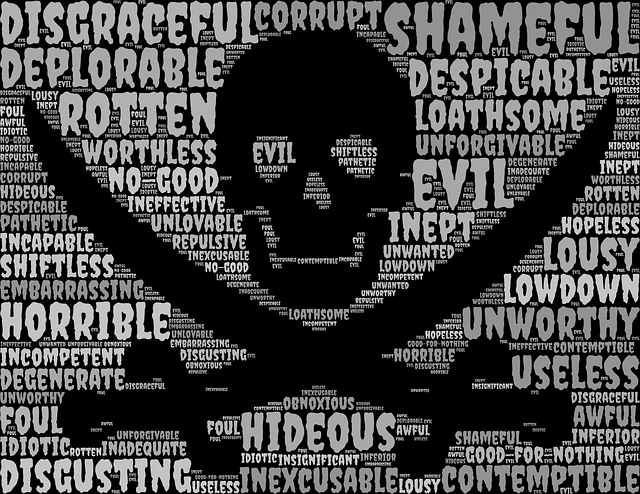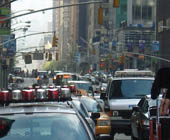Why Economic Efficiency Is Not Enough
British economic historian R. H. Tawney argues that economic efficiency cannot be the only criteria of judgment for the well being of society. Undoubtedly, every “sane and vigorous society” needs efficiency and those who deny this are but “incorrigible sentimentalists.” Read the popular article: We Must Resist the Temptation to Secession However, the noted scholar … Read more












